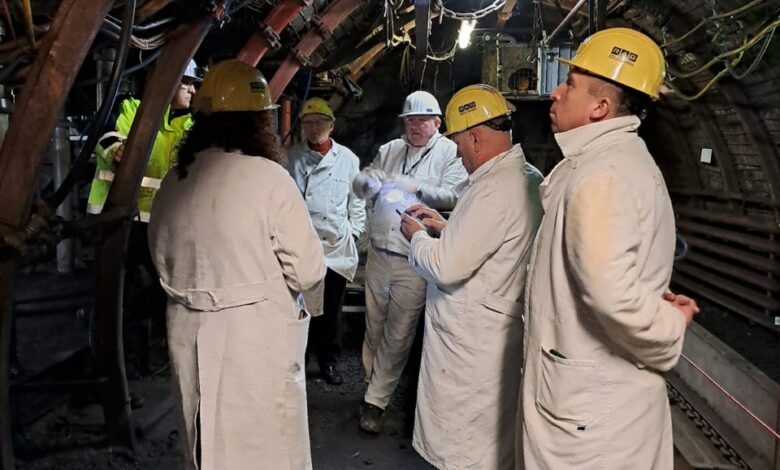
Last week, at the invitation of an organization that cooperates with the Georg Agricola Higher Technical School, we visited the city of Bochum in Germany together with a member of the Chervonohrad City Council, Petro Pylypchuk.
This was announced by Chervonohrad Mayor Andriy Zalivsky.
“One of the objectives of the visit was to establish a partnership with this educational institution and to enlist support for the idea of creating a museum of mining in the Chervonohrad community. After all, the North Rhine-Westphalia region (150 mining museums currently operate here), and in particular, the Georg Agricola University of Technology, have many years of experience in preserving industrial heritage and mining traditions.
During the meeting, Prof. Prange noted that many EU countries are following the path of transformation and gradual phasing out of coal mining, so preserving former mining sites, which also have a certain historical value, is part of sustainable development. “This not only helps to preserve industrial culture, but also creates new jobs,” the professor emphasized. It is worth noting that the Georg Agricola University of Technology is ready to help us with the concept of the mining museum and become our partners in submitting this project for European Union funds.
To see the best practices in the preservation of mining heritage, we had the opportunity to visit the museum in Bochum, the training center in Recklinghausen, and the Zollern mine in Dortmund. These museums have different tourist potential, but they are united by a common concept – an example of successful transformation and structural change in Germany.
As part of the visit, we also had the opportunity to talk to representatives of Rhine-Westphalia-Energy (RWE), a company that operates in the coal mining sector and is also engaged in the reclamation of waste heaps. Germany has a very successful practice of transforming waste heaps and creating cozy locations for leisure and recreation, so I hope that we will borrow this experience when the process of closing the mines begins.
In addition, the visit resulted in establishing communication with German companies in the construction and water treatment sectors regarding future investments. I hope that it is in North Rhine-Westphalia that we will establish cooperation with a city that has already undergone complex transformation processes and can not only share its experience but also help establish cultural, educational and economic partnerships.

